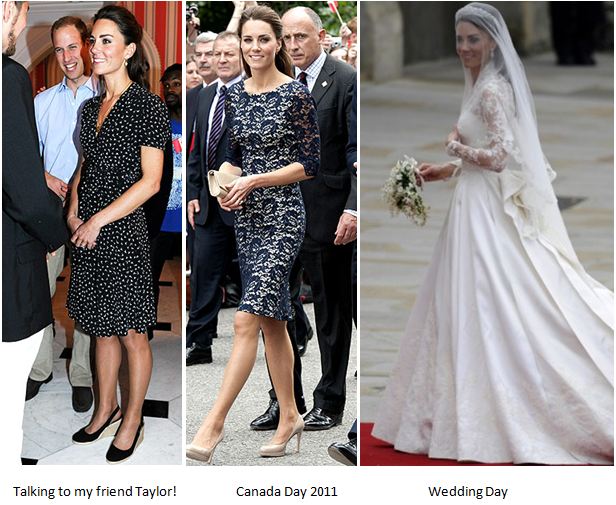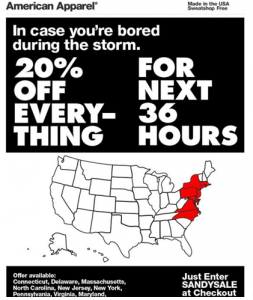I am [insert any synonym for cheap here.] I probably always will be even when I start making the big bucks. So on my recent birthday, I chose to get all the free swag I could get. What do these big chain operations get from me taking away their goods for nada?
Customer relation management (CRM) is a value driven marketing practice of a company. Extents and forms vary, but the main objective aligns: build long-term relations.
I used to go to Starbucks once every few months for coffee dates, never just because I wanted a coffee. I can make that at home for a fraction. Then I registered my Starbucks card because I wanted a free birthday drink. But then they started emailing exclusive reward holder coupons. I began going more frequently. I gained stars; I made it to the green level. Honestly, it really means nothing. I get free refills in store on plain brewed coffee. I am 18 stars away from the Gold Level. Not much more except a free item on every 12th star and a special gold card. Fancy.
And yet for nothing, I still want to achieve gold. These reward systems work because they allow the consumer to feel elitist, golden. The company cares about your business with them, tapping into our emotional need to feel wanted. Starbucks is able to take the data from my card and specify the emails sent. This past month, I have been drinking more of their lattes. No surprise I got an email for 50% any latte two days ago.
Through the combination of data collection and rewards systems, Starbucks took a thrifty UBC student and turned her into a regular weekly customer for the long run. “Mom, it’s not my fault. It’s the CRM!” Think she will buy that excuse?



